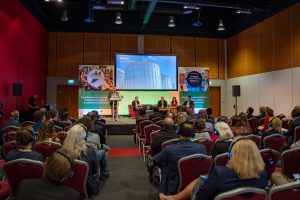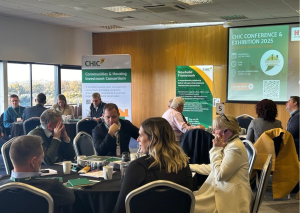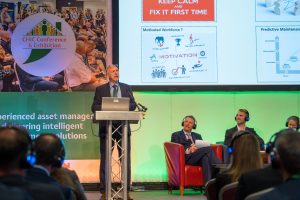
Home > CHIC Conference 2025 Agenda
We have a full programme of asset management, development and procurement workshops, interviews and roundtables.
Creating a resident first approach | Main Stage
Ensuring people and building safety is about more than meeting compliance, but creating a “resident first” approach that prioritises the wellbeing of every individual who calls these buildings home. For social landlords, this means actively instilling trust, communicating clearly and implementing safety measures that go beyond minimum standards to offer peace of mind for residents. This approach is not only ethical but critical for building communities where people feel secure, valued and heard.
The key question is how to effectively embed a resident first perspective into all aspects of building safety. It requires an alignment of technical safety standards, community engagement and transparent communication. Whether it’s through conducting proactive inspections or responding rapidly to safety concern, the ultimate goal is ensuring that residents feel involved in decisions that impact their safety.
Aligning assets and people for success | Exhibition Stage
The success of any community lies in aligning its assets and people toward shared goals and social landlords are at the heart of this effort. Effective community building means not just constructing homes but ensuring that people and resources are leveraged in a way that promotes sustainable growth and quality of life. Whether it’s improving housing stock, supporting vulnerable tenants, or creating local partnerships, social landlords play a crucial role in creating communities that work for everyone.
The key question is how we can align diverse assets such as buildings, funding, workforce and community engagement to achieve meaningful outcomes. This isn’t simply about delivering more homes but about optimising what already exists such as utilising available land efficiently to allow for communal green spaces, training staff and collaborating with local authorities and community organisations. The focus is on both meeting immediate housing needs and building resilient communities that can thrive long term.
Exhibition Stage
Housing Association mergers are now a regular event in our sector. Whether small or large, geographically aligned or more remote, traditional or former stock transfer, the aims are generally to deliver economics of scale to create better outcomes for customers and more financial capacity to build new homes. Merging organisational cultures, IT systems, management teams and governance takes time and needs strong leadership. So how and when are the promised outcomes delivered.
Joining the conversation is David Wells, Executive Director of Customer Experience at Housing Plus Group, which recently merged with The Wrekin Housing Group to form one of the largest social housing providers in the West Midlands, managing 33,000 homes. With a commitment to developing 1,000 new homes over the next five years, Housing Plus Group aims to enhance its role in providing affordable homes and care across communities . David will share firsthand insights into the merger process, discussing the opportunities and challenges encountered and how such consolidation can influence the broader objective of building new homes.
CHIC’s Newbuild Framework has been modelled to empower CHIC’s members in successfully delivering a wide range of development and regeneration projects. After extensive consultations with our members and supply chain partners, we designed the framework to be flexible and responsive, ensuring it meets the diverse needs and timelines of member programmes.
To guarantee quality and excellence, the framework was procured in alignment with the recommendations set out in “Constructing the Gold Standard”. Through this rigorous process, CHIC has proudly achieved Gold Standard Verification, reflecting our commitment to industry leading practices and exceptional project delivery.
As part of our responsibilities under the FAC-1 Framework Agreement, CHIC is dedicated to fostering collaboration by bringing together key stakeholders into a ‘core group.’ This initiative aims to create a space for open dialogue and strategic alignment. To support this goal, we plan to host roundtable discussions every six months, providing a regular forum for stakeholders to connect, share insights and drive continuous improvement.
Our inaugural session was held in November 2024, marking a significant step in building a cohesive and engaged community around the framework. The event provided a valuable opportunity to update stakeholders on the progress of framework promotion and discuss strategic priorities. Most importantly, the session was centered on collaboratively defining and agreeing upon the main key performance indicators (KPIs) to be adopted at both the framework and contract levels, ensuring that all parties have a shared understanding of success metrics.
To enrich the discussion, we extended invitations to a broad spectrum of participants. This included CHIC’s member development teams, a diverse array of MMC designers and manufacturers, contractors, consultants and our legal representatives from Trowers & Hamlins. Their combined expertise and perspectives are vital in shaping a robust framework that not only meets but exceeds the expectations of all involved parties.
Our second core group is being held at CHIC’s annual conference on 21st May 2025. There we want to ‘sign off’ our KPIs and discuss best practice for retentions and supply chain payment terms.
*This roundtable event is exclusive to CHIC member representatives and supply chain partners on the CHIC Healthy Homes and Newbuild Frameworks. To register for this roundtable event, please CLICK HERE
Integrating Data, Net Zero and Decent Homes | Main Stage
Effective asset management is critical for social landlords aiming to deliver a best in class services. Integrating data, net zero strategies and decent homes standards presents both an opportunity and a challenge. As the focus intensifies on creating sustainable and high quality housing, social landlords must harness data driven insights to optimise their assets and ensure they meet residents’ needs while aligning with environmental goals.
The key question is how social landlords can effectively integrate these components into an effective asset management strategy. Balancing the pursuit of net zero with the need to maintain and improve existing housing stock is no small feat. This requires a comprehensive understanding of data analytics, proactive maintenance approaches, a commitment to decent homes standards and to neighbourhood cohesion that prioritises all resident well being. Identifying and overcoming barriers such as funding constraints, workforce capacity and technological integration will be essential for achieving a truly holistic approach to asset management.
Exhibition Stage
The sector so often focuses on what the client wants. Contractors, consultants, suppliers, manufacturers and merchants all respond to briefs, specifications and requests and submit their ‘most advantageous tender’ in response to the clients requirements.
This interview will shine the mirror back. What should clients be doing to plan and programme their order book(s) to optimise the supply chain response. Is just in time, highest quality materials supply possible at a more competitive cost if we change the model? Is the way clients approach project specification and procurement sufficiently sophisticated?
25 years to go – progress so far? | Exhibition Stage
The countdown to net zero is now well underway, with just 25 years left to achieve the ambitious target of making all homes carbon neutral. For social landlords, this means rethinking how homes are designed, built and retrofitted to drastically cut carbon emissions whilst ensuring affordable warmth and comfort for residents. But with the clock ticking, it’s important to assess the progress made so far and to determine what still needs to be done to hit these demanding targets.
Social landlords are in a strong position to lead the journey to Net Zero, with long term asset management strategies and investment programmes, and commitments to customer satisfaction and affordable warmth. But do they really understand the true performance of their homes, know how they will close the gap to net zero, embrace new technologies and know where the skills will come from for retrofits and subsequent maintenance? And how will they fund it all?
Procurement Changes | Main Stage
The Procurement Act 2023 should have been implemented for three months at the time of the CHIC Conference. The next marks a significant shift in how public sector contracts are procured and managed. For social landlords, adapting to these changes is essential to ensure compliance and ultimately achieve better outcomes for residents.
The Cabinet Office sponsored a study and report published in early 2023, constructing the Gold Standard. Constructing Excellence has been sponsoring a target group to critically review the first ‘Gold Standard’ frameworks. CHIC’s Newbuild Framework is one such that has been subject to and independent verification process.
This session will consider what all these changes and procurement rules mean in practice for CHIC’s Members and the Supply Chain and what the ‘Gold Standard’ adds to procurement and framework management transparency.
Exhibition Stage
Social landlords are increasingly expected to demonstrate their impact beyond just providing good housing, understanding what “added social value” truly looks like has become essential. This extends far beyond financial metrics, encompassing the broader benefits that housing organisations can bring to local communities. As social landlords, the challenge is to invest in and measure these contributions effectively while aligning them with organisational goals and community needs.
What does ‘added social value’ actually entail and how can social landlords and their supply chains integrate this into their everyday operations? This involves exploring community engagement, environmental sustainability and economic resilience. By identifying outcomes, such as improved local employment opportunities and enhanced community well being, landlords can create a compelling narrative that demonstrates their role as catalysts for positive change.
Delivering Labours 1.5m new homes | Main Stage
The UK’s new Labour Government has set an ambitious goal of building 1.5 million homes over the next five years to address the country’s housing shortage. To achieve this, they will need to deliver 50% more homes than the previous Government did in the same period.
Can this be realistically accomplished and, if so, what challenges lie ahead. The labour party has also made several other pledges, including reinstating local housing targets, hiring more planners for local authorities, promoting social housing, prioritising brownfield sites and allowing development in certain “grey belt” areas.

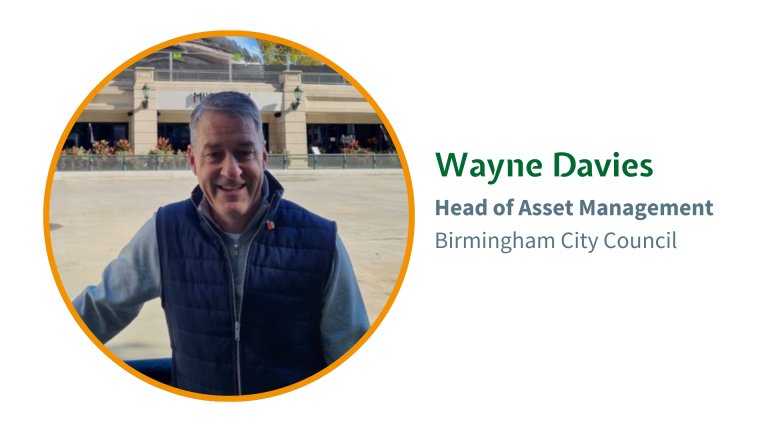
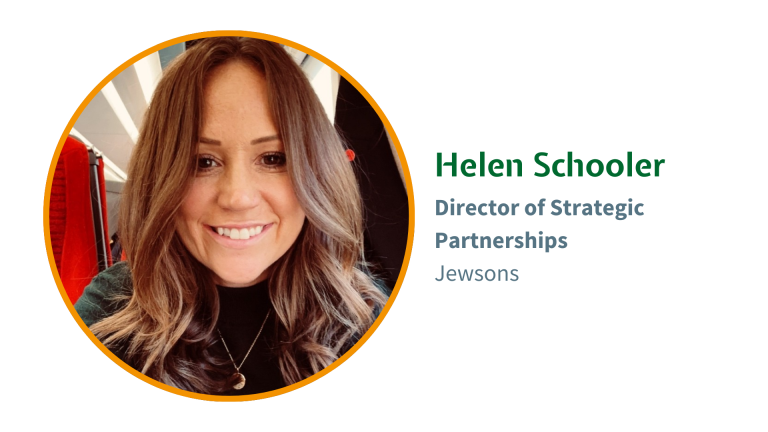



HOUSING MATTERS NOW
Housing quality and satisfied customers depend upon great asset management and procurement
With social housing finally taking a centre stage under the new Labour Government, our annual conference brings together the sector’s asset management experts to discuss how to make the most of this political momentum. As ambitious housing targets and strategic asset management rise near the top of the national agenda, this is the time to ensure that investment in peoples homes is optimised.
This is a must attend event for social landlords seeking to stay at the forefront of industry trends, innovations and best practice. The conference offers a unique opportunity to network, exchange ideas and discover cutting-edge solutions that can enhance housing management and service delivery.
From insightful keynote sessions to interactive workshops, attendees will gain valuable knowledge on key topics such as sustainability, compliance, asset management and procurement.
Location
Telford International Centre
International Way
Telford
TF3 4JH


